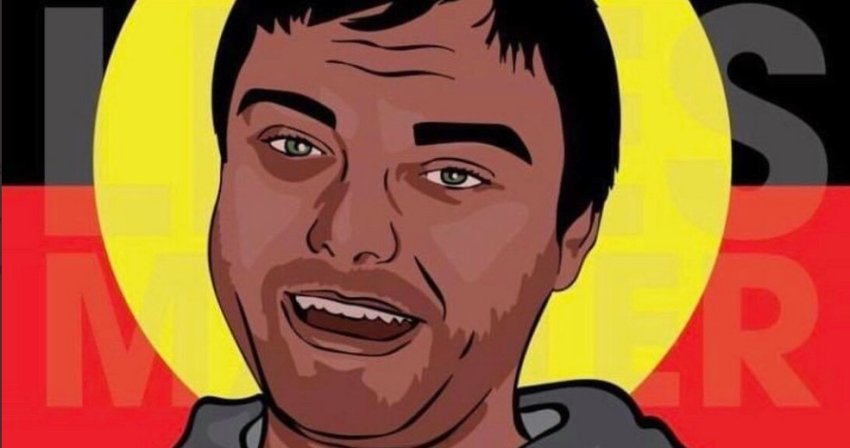
Three more First Nations people have died in custody, two in New South Wales and one in Victoria. It brings the total number of Aboriginal and Torres Strait Islander people who have died in state care over the past three decades to more than 440.
A woman serving an eight-month sentence died in Silverwater Women’s Correctional Centre on March 5. A man died in a cell in Long Bay prison’s hospital on March 2, where he was being treated for multiple health problems.
The NSW deaths only came to light after Greens MLC David Shoebridge asked Corrective Services Commissioner Peter Severin at a NSW budget estimates on March 9.
Severin defended authorities’ silence saying that it was “not appropriate” to advise the public of deaths without any detail and “cause a lot of anger, a lot of angst and a lot of grief”.
Karly Warner, spokesperson for the Aboriginal Legal Service NSW/ACT (ALS), called for government accountability. “While identification of people who die in custody must be up to families, the government should be more transparent and timely in the information they share with the public,” she said on March 9.
She said the NSW government has an obligation to let people know when there has been a death in its care, because it is in the public interest. She said at the very least Corrective Services and Police must release basic details of the deceased person. She said personal information must only be released with consent from the family.
Warner also called for the ALS and the Coroner’s Court to be given more resources to provide support to families following a death in custody and during coronial inquests.
All deaths in custody are investigated by a coroner. The ALS is currently representing several Aboriginal families in deaths in custody inquests.
The coroner released findings on March 11 into Anaiwan-Dunghutti man Nathan Reynolds’ death in prison in 2018, finding that he died of “natural causes” that were exacerbated by deficiencies in managing his severe asthma.
The inquest last year heard that no asthma management plan had been put in place. Gumbaynggirr, Dunghutti and Bundjalung woman Elizabeth Jarrett, who observed the inquiry, said at the time that Nathan and other inmates had “desperately called for help on the prison intercom system during his asthma attack”, but that it took “between 20-40 minutes for prison guards to respond”.
The father of one, from Rooty Hill in Western Sydney, died gasping for breath in a prison cell in the John Morony Complex in Berkshire Park, Western Sydney. He was due to be released that week.
Outside the court Makayla Reynolds, Nathan’s sister, thanked prison inmates for helping her brother. “Nathan received emergency first aid not from the prison staff, but from his fellow inmates. To those men we say thank you, from the bottom of our hearts. Thank you for giving our brother the care he deserved,” reported Gomeroi woman Alison Whittaker.
Taleah Reynolds, another sister, said when Nathan was imprisoned “he lost access to community-based healthcare. He was put in the hands of Corrective Services and Justice Health. In just four months, they watched as his condition deteriorated enough to kill him.
“The prison system doubted Nathan’s medical needs. When he was dying, the first nurse on the scene gave him naloxone — an antidote for a drug overdose. We believe that Nathan was stereotyped as a drug user because he was in jail. He was seen as a prisoner, not as a person.”
The ALS criticised the lack of scrutiny over whether recommendations issued by inquests are followed.
“The Royal Commission into Aboriginal Deaths in Custody made multiple recommendations in 1991, yet many of these haven’t been acted upon,” Warner said. “Too many reports and inquiries end up as little more than paper gathering dust, which means people continue to suffer preventable deaths.”
The NSW budget estimates heard that Tamworth Correctional Centre still has hanging points in place despite the coroner’s direction to remove them following the 2017 death in custody of Gamilaraay, Gumbaynggirr and Wakka Wakka man Tane Chatfield.
“It is well past time for real accountability,” Warner said. “The NSW government including Corrective Services and Police must operate with transparency and be answerable to families and the public. People within these systems who act negligently or maliciously must face consequences, both professional and criminal as appropriate, for their actions.”
“The dozens of recommendations from the Royal Commission and from the many inquests into deaths in custody must be implemented without delay, and the public must be kept informed of the progress of [their] implementation.”